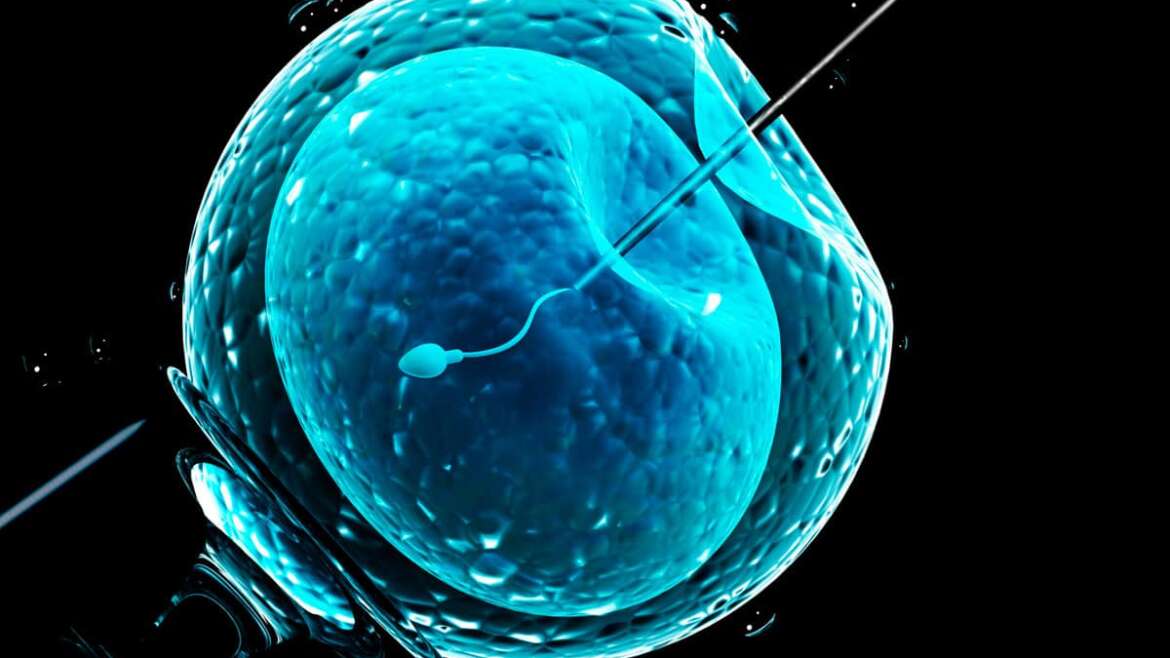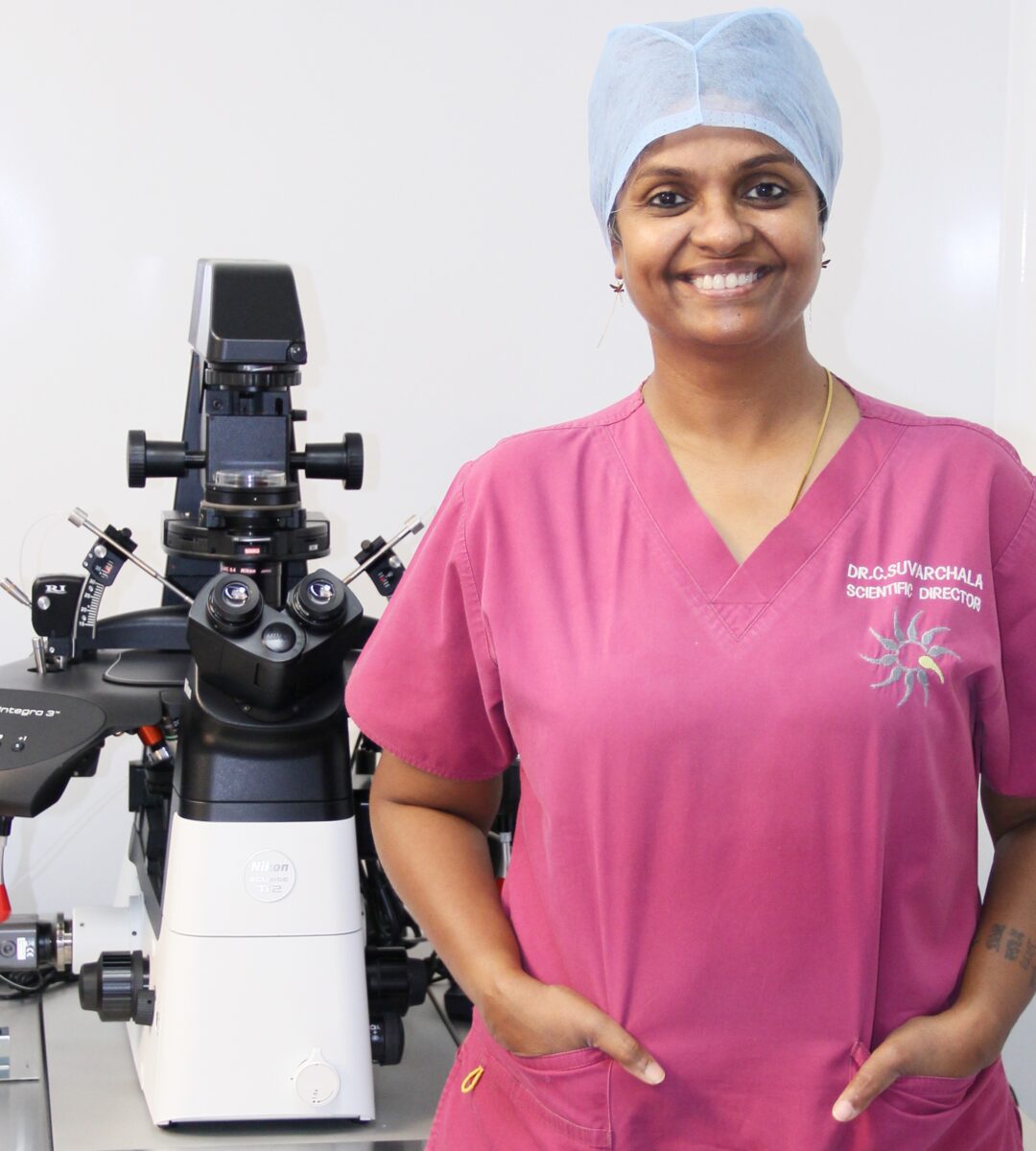CLINICAL EMBRYOLOGY
A three-month extensive training program for Clinicians and Embryologists in the field of Assisted Reproduction. A unique course dedicated to providing thorough practical skills to perform in IVF laboratories.
Mode of teaching
-
Theoretical classes
-
Intensive hands-on practical training
Course Content
Module 1: Andrology
-
Basic Semen Analysis: The following diagnostic procedures are covered:
-
Sample Collection and delivery
-
Patient Instructions and consent taking and handling of sample container.
-
Semen Volume
-
Semen liquefaction
-
Visual Appearance
-
Semen odor
-
Semen viscosity
-
Semen pH
-
Making a wet preparation
-
Initial Investigation of a wet preparation
-
Sperm motility assessment- motility categories
-
Sperm morphology- preparation, fixation, staining, mounting and evaluation of smear
-
-
Extended Semen Analysis/ Sperm function tests: The following diagnostic procedures are covered:
-
Physical membrane integrity (Vitality test)
-
Functional Integrity (HOS test)
-
Sperm DNA Fragmentation
-
Magnetic Sperm cell sorting
-
-
Sperm Preparation:
-
Selecting a sperm preparation method
-
Processing multiple samples
-
Sperm preparation using direct swim-up from semen
-
Sperm preparation using density gradient
-
Dealing with atypical semen samples
-
Sperm cryobanking- fundamentals of cryobiology, cryopreservation methods, identification methods
-
-
How to set up an IUI laboratory:
-
Equipments and Instruments required
-
Consumables and disposables required
-
Which media to select
-
Quality Control of the laboratory.
-
Module 2: Embryology
IVF Laboratory Methods
-
Disposables and culture media used in IVF
-
Selecting the right IVF lab equipment; calibration, maintenance and operation
-
IVF laboratory requirements for oocyte collection
-
Media making for IVF
-
Preparation of semen samples depending on the case
-
Preparation of semen samples for insemination in IVF/ ICSI
-
Various methods of sperm and oocyte mixing in IVF
-
Culture of oocytes post insemination till embryo transfer or freezing
-
Fertilization check; classification of zygotes based on PN scoring
-
Assessment of embryos and various grading classifications
-
Assessment and grading of cleavage stage embryos and selecting best embryo for transfer
-
Blastocyst culture and classification
-
Loading of embryos into embryo transfer catheter
-
Quality control of laboratory equipment and environment
-
Infection control monitoring
-
Cleaning and maintenance of IVF Laboratory
Module 3: Micromanipulation
Intracytoplasmic Sperm Injection
-
Understanding the inverted microscope and various micromanipulators
-
Selecting the tools for micromanipulation
-
Alignment of needles
-
Preparation of dish for ICSI
-
Denudation of oocytes
-
Selection of best sperm and immobilization
-
Handling oocytes
-
Microinjection of oocytes
-
Assessment of fertilization after ICSI
-
Troubleshooting in ICSI
Module 4: Cryopreservation
Embryo and Oocyte Cryopreservation
Vitrification
-
Selecting the right embryo for vitrification
-
Various vitrification solutions and selecting the most appropriate one
-
Various vitrification devices and selecting the most appropriate one
-
Vitrification procedure
Warming of Embryos
-
Selection of appropriate warming solutions
-
Warming method
-
Assessment of embryo survival
Module 5: Total Quality Management in assisted reproductive technology
Quality Control and Quality Assurance in a IVF laboratory
Trouble shooting in IVF laboratory
Module 6: Preimplantation Genetic Testing
Understanding Molecular biology and Genetic techniques
-
Genetics of Infertility
-
Genetics of Male Infertility
-
Genetics of Female Infertility
-
Role of PGD/PGS in IVF
-
Methods of genetic analysis
-
Understanding technical aspects and applications of PGD/PGS
Module 7: Regulation and Ethics in assisted reproductive technology
-
Understand current major legislatives and non-legislative policies in the world and India
-
Licenses, accreditations and approvals required for IVF laboratories
-
Legal and ethical aspects of IVF, gamete and embryo donation, surrogacy and embryo manipulation
-
Ethical and social responsibilities of an embryologist toward patient care
Module 8: Psychological counseling in IVF
Module 9: Paper writing, Presentation and research Orientation in IVF
COURSE DELIVERY
All courses are full time on-site programs involving theoretical, practical, experimental and research studies. The student will be attached to ZIVA laboratories for in-depth hands-on experience. Textbooks by reputed master authors shall be offered in addition to detailed coursework unique to ZIVA.
QUALIFICATIONS REQUIRED
Masters in Life Sciences, MBBS
ASSESSMENT AND CERTIFICATION
Students are assessed by weekly quizzes, periodical assignments, paper presentations and module-end examinations. Certificates shall be awarded at the successful completion of the course.
COURSE FEE
Certificate Clinical Embryology: Rs. 400000+ 18%GST
COURSE DURATION
Three months
Opening Hours Monday09:00-17:00Tuesday09:00-17:00Wednesday09:00-17:00Thursday09:00-17:00Friday09:00-17:00


